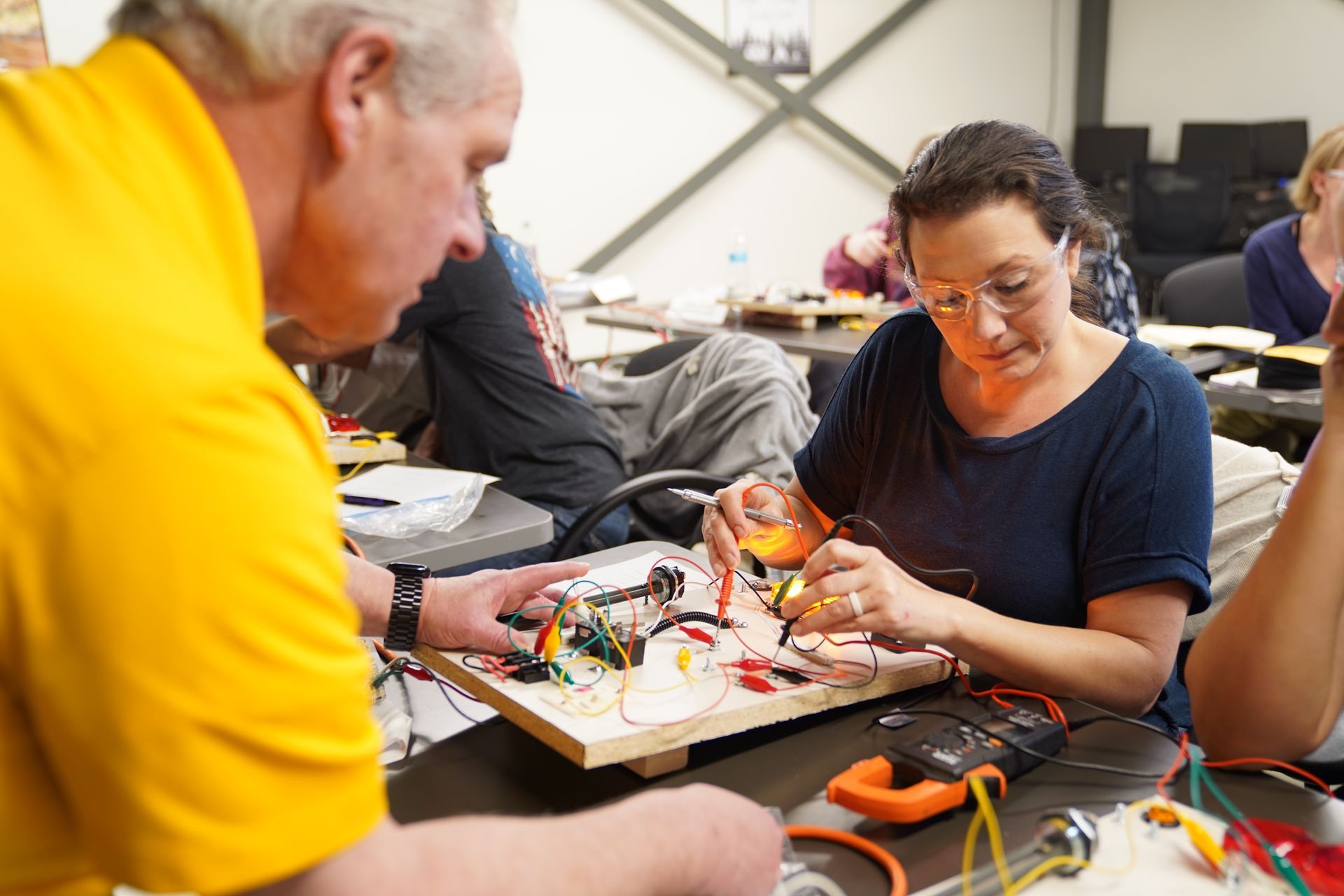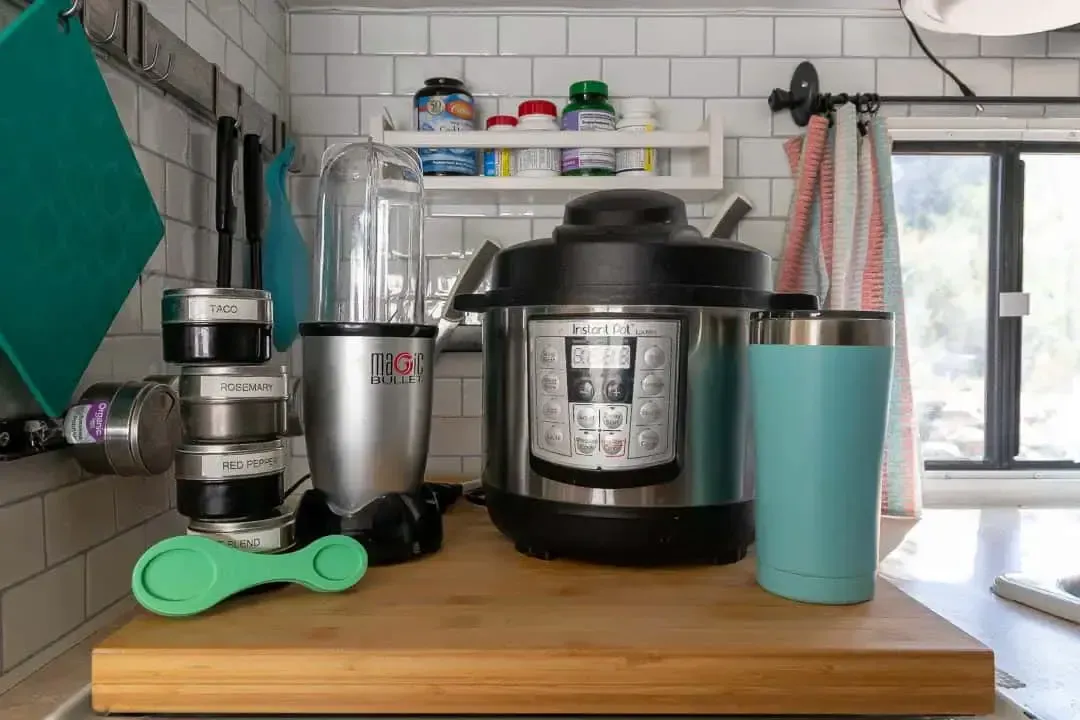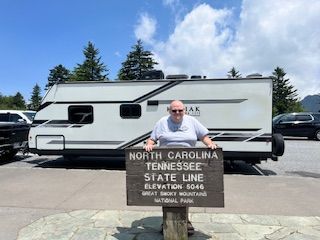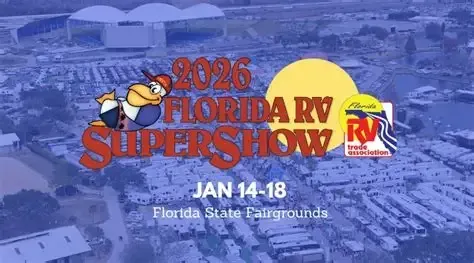RV Technical Institute: The RV Industry’s Endorsed Technician Training Program
Mindy Smith • June 25, 2025
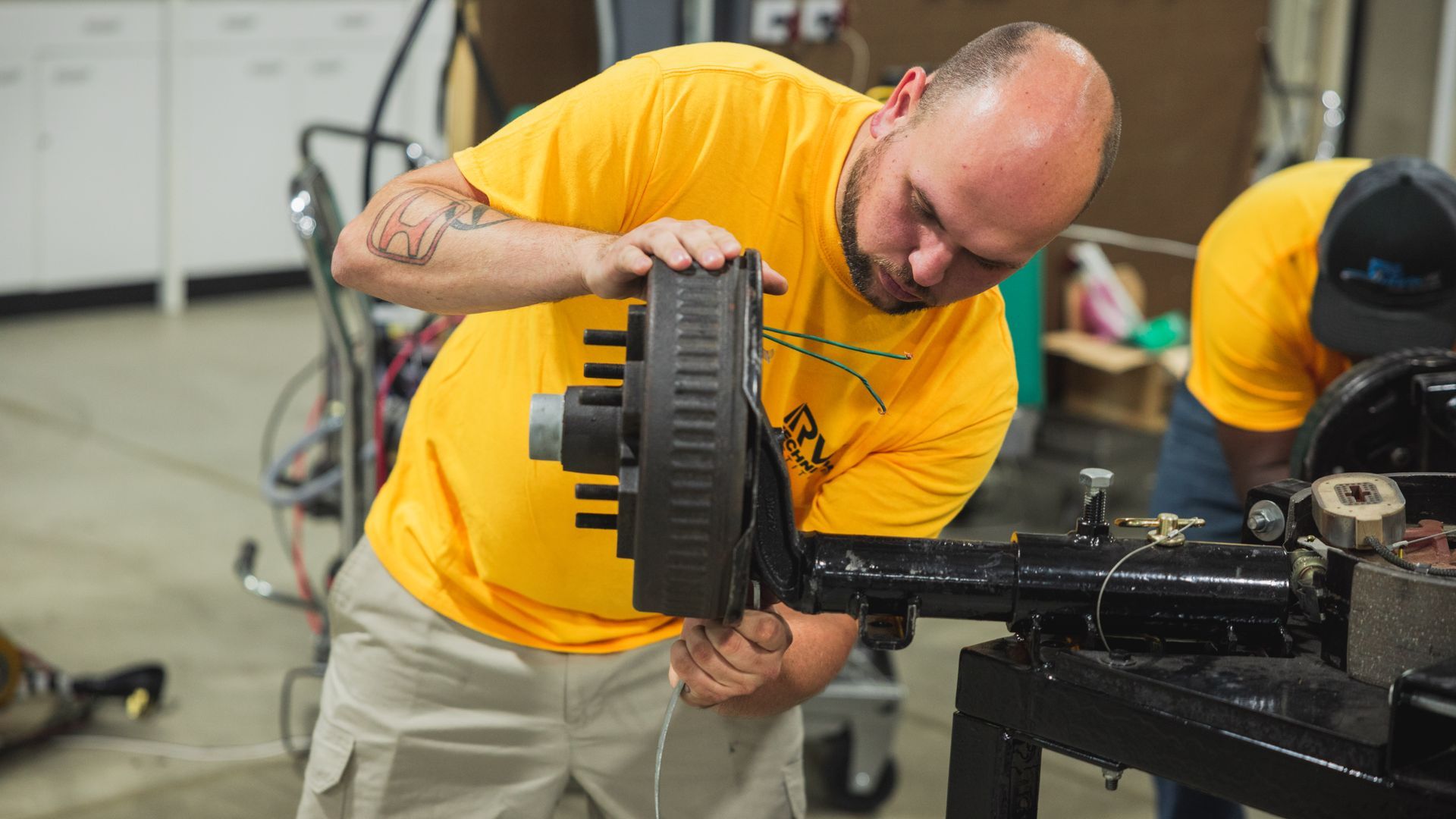
The RV Technical Institute (RVTI) is the RV industry's endorsed and premier training center, established to address the growing demand for skilled and certified RV service technicians. As RV ownership has surged, the need for qualified professionals to service and maintain RVs has become increasingly critical to meet the demand for thorough and reduced repair event cycle times and maintain customer satisfaction.
The RV Technical Institute was founded in 2018 by the RV Industry Association and RV Dealers Association to provide standardized, comprehensive training and instruction by manufacturers, suppliers, and leading RV experts to those seeking a career path as an RV technician and to those who just want to know how to keep their RV functioning properly.
This is a viable career path for those who enjoy building and fixing things, appreciate and want to master a variety of responsibilities, and seek flexibility in their career.
What You Will Learn Through the RV Technical Institute Curriculum
The RV Technical Institute’s curriculum is broken down into four comprehensive levels and offers mastery certification at each level:
●
Level 1–Inspection Certification: Ideal for new or aspiring technicians and covers all systems and operations of an RV: propane, water, electrical, appliances, and safety. Level 1 is conducted over one week in-person or virtually through a self-paced online course that takes an average of 32 hours to complete.
● Level 2–Diagnostic Certification: Technicians learn basic diagnostic, troubleshooting, and repair skills for a wide range of RV systems and components. Level 2 is conducted over three weeks in-person, virtually through a self-paced online course (that takes an average of 120 hours to complete), or a combination of both in-person and virtual.
● Level 3–Specialty Technician Training Certification: Students will receive hands-on, specialized supplier training on five specific types of components (electrical, chassis, electronics, slideout, and appliance) that teach advanced diagnostic, troubleshooting, and repair skills. Each of the Level 3 certifications vary in their required in-person hours of training in designated categories. See the full lineup of requirements for Level 3 training here.
● Level 4–Master Certified Technician: To achieve the Level 4 Master Technician Certification, an RV tech has completed all five designated specialties through vendor trainings and is proficient in troubleshooting and repair of the 7 major systems and components within an RV (Propane, Electrical, Water, Appliances, Generators, Chassis, and Body). To reach Level 4 Master Certification, students must meet 24 hours of approved hands-on training covering the minimum topics for all 5 specialty areas.
Each level builds on the foundation of the previous level, with the program covering theory, application, and troubleshooting.
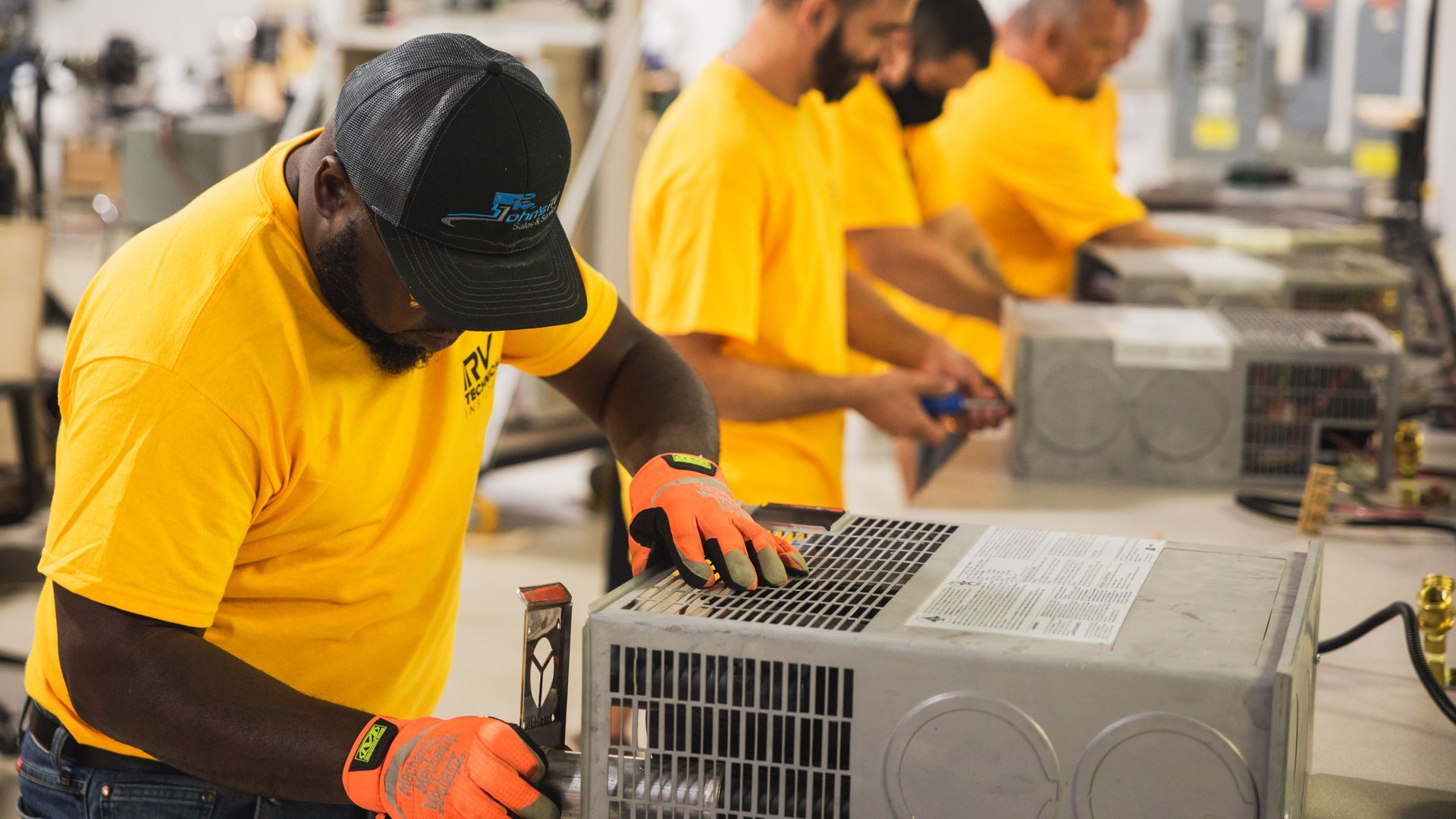
A Day In the Life of an RVTI-Certified Technician
Certified RV technicians have a wide range of career opportunities, whether it be at an RV dealership, a campground, an RV resort, or operating your own mobile RV technician business anywhere in the world. Flexibility in location, seasonality, and working hours are some of the major draws to this line of work. Being an RV technician offers income stability with no ceiling on how much you can earn, given the demand for trained and certified RV technicians.
Where To Learn More About the RV Technical Institute
If you’re joining the workforce, seeking a career shift, or looking for a second career, the RV Technical Institute training program is perfect for you. To learn more about RVTI and the training offered through its curriculum, visit RVTI’s FAQ page here.
